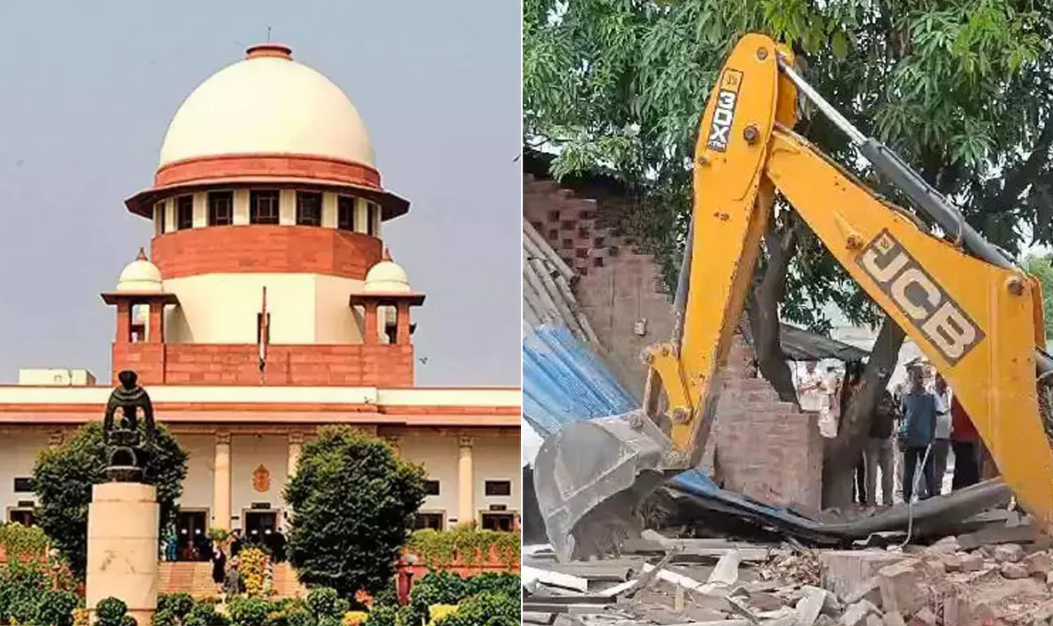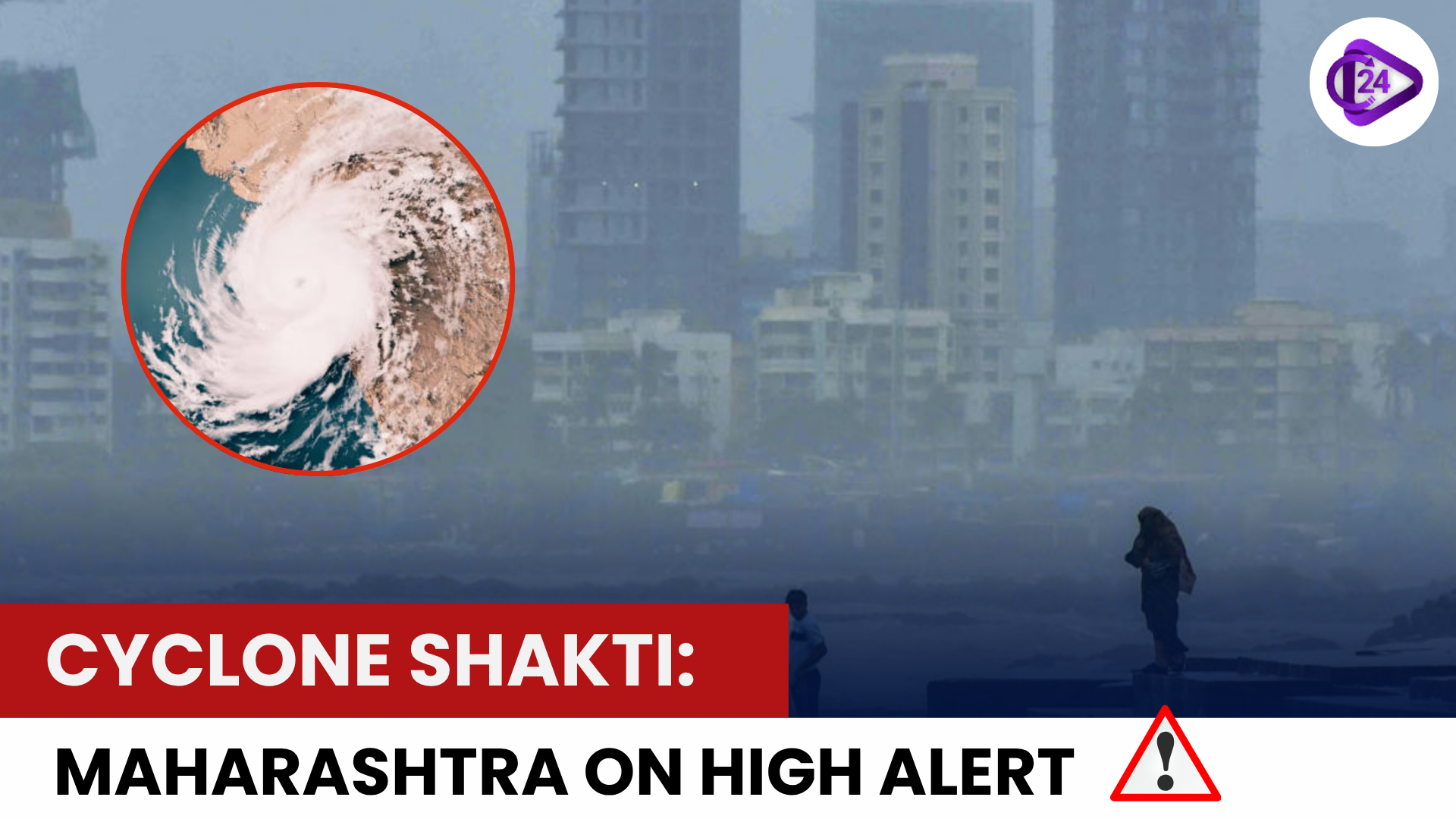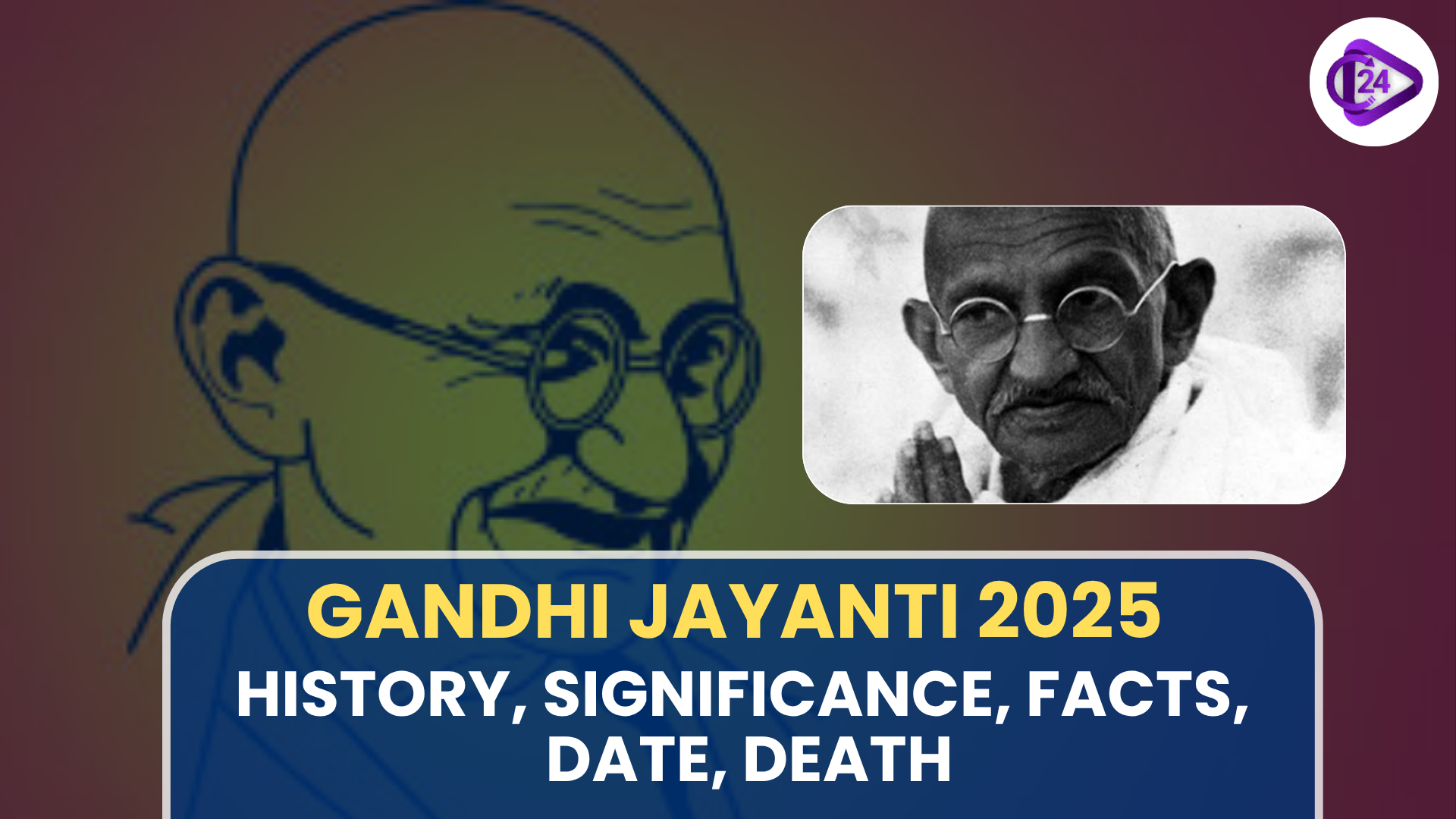
Most recently, in a recent judgment, the Supreme Court of India has come down heavily on the partisan use of bulldozers as reformatory by different state bodies. This intervention by the apex court is occasioned by increasing reports on demolitions of the buildings belonging to accused individuals without compliance with the law. Using Article 142 of the Constitution, both Justices B.R. Gavai and K.V. Viswanathan given a number of directing orders to help put a stop to practicing these unconstitutional actions and to make official actions more accountable.
The Court has made the decision that in order to commence any demolitions, 15 days’ notice has to be given. This notice must contain adequate information as to the extent of the violation in the form of unlawful construction, and other reasons for its removal. Moreover, the entire process considering the demolition of the structure has to be recorded on video camera to enforce transparency. These guidelines stress the procedural justice and in essence seek to avoid intention by public officers.
Justice Gavai explained that collective punishment like that the homes of the accused individuals were demolished are unjust and unconstitutional. The judgment again reminded that punitive actions cannot perform the functions of the due process of law. Likewise, the Constitution established and also protects, as well as obliges authorities to respect fundamental rights and guarantee that their actions would not exceed the Constitution’s framework.
The Court has also threatened to punish institution of these directives if not followed Religious. Those public officials who fail or neglect the guidelines may be cited for contempt, prosecuted for contempt and required to compensate the victims through rebuilding demolished structures. This ensures there is accountability that check’s personnel from abusing their authority in the organization.
This ruling does not only adherence to the principles of the rule of law, but also; strengthens the independence of the judiciary arm of government and its function as the custodian of citizens’ rights. It plays a caution that the acts of the government have to observe the tenets of the constitution, thus provide justice. It is hoped that the judgment will bring some measure of justice/fairness to administrative licence, setting a new standard in the process that will lead towards better administrative humanism in India.



 Goa Launches Majhe Ghar Housing Regularisation Scheme
Goa Launches Majhe Ghar Housing Regularisation Scheme IUCN Recognizes India’s First Dugong Conservation Reserve in Tamil Nadu
IUCN Recognizes India’s First Dugong Conservation Reserve in Tamil Nadu Cyclone Shakti Brings Heavy Rain Forecast for Mumbai and Konkan Region
Cyclone Shakti Brings Heavy Rain Forecast for Mumbai and Konkan Region Underwater Road Tunnel in Assam
Underwater Road Tunnel in Assam 156th Gandhi Jayanti 2025, History, Significance, Facts, Date, Death
156th Gandhi Jayanti 2025, History, Significance, Facts, Date, Death Third Edition of 'Unmesha: International Literature Festival' to be organised in Patna
Third Edition of 'Unmesha: International Literature Festival' to be organised in Patna Mithun Manhas Elected 37th BCCI President
Mithun Manhas Elected 37th BCCI President First India-born cheetah set to reach adulthood in Kuno National Park
First India-born cheetah set to reach adulthood in Kuno National Park New Finless Snake Eel Species Apterichtus kanniyakumari Discovered off Tamil Nadu Coast
New Finless Snake Eel Species Apterichtus kanniyakumari Discovered off Tamil Nadu Coast 71st National Film Awards 2025: Shah Rukh, Rani & Arijit Singh Shine
71st National Film Awards 2025: Shah Rukh, Rani & Arijit Singh Shine






